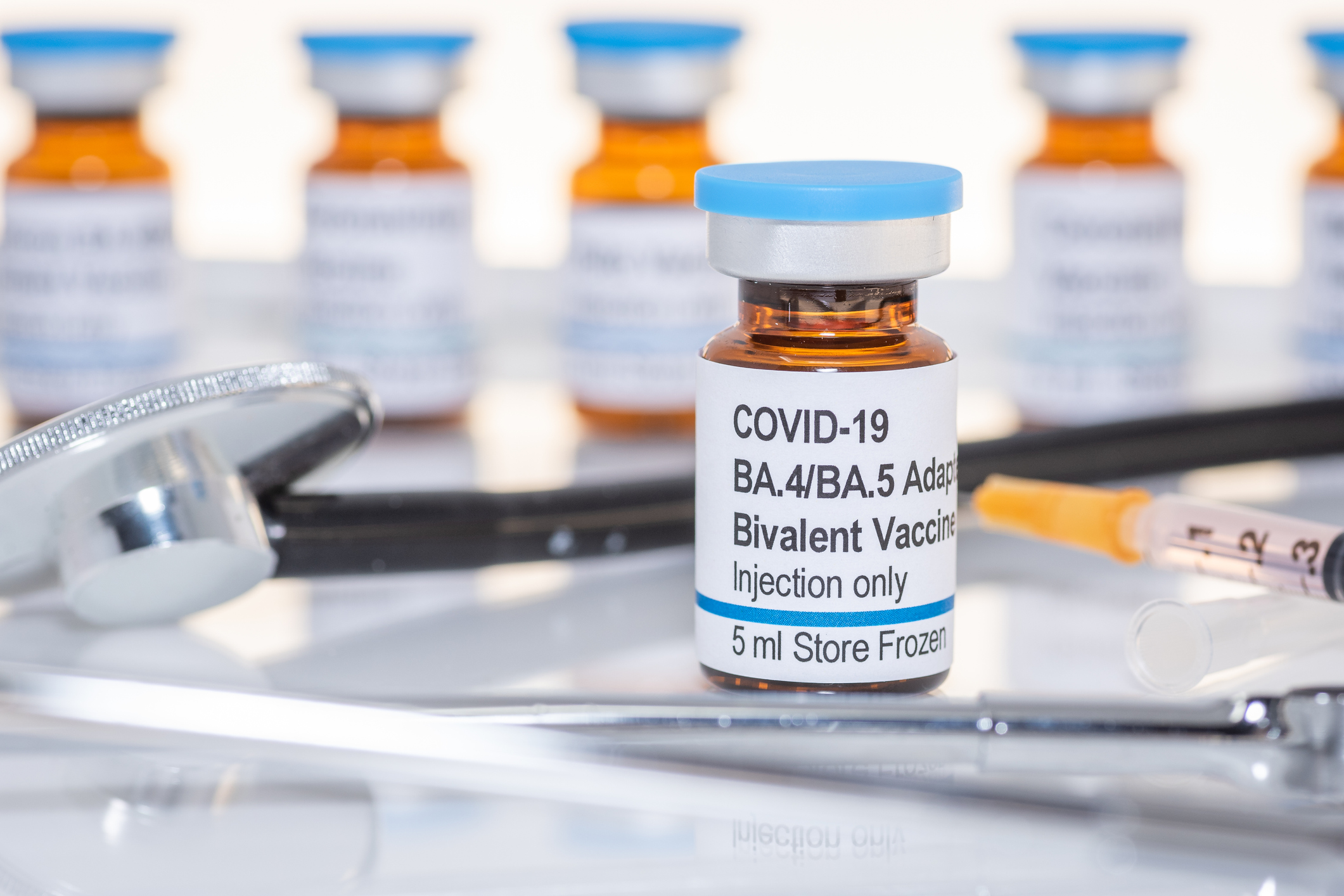Bivalent COVID-19 booster vaccines rolled out in the U.S. last fall for all Americans over the age of 5, and at least two months after their last dose or following a COVID infection. Although people who get the shot are 3 times less likely to die than vaccinated people who didn’t get the bivalent booster, only about 1 in 5 Americans who are eligible have received a bivalent booster.
According to a recent CNN Health report, two months after adults get the updated booster, they are about 50 percent less likely to wind up in the hospital or emergency room because of a COVID-19 infection. The new data supporting the effectiveness of the bivalent vaccines has Canada and the United Kingdom allowing seniors who live in residential care homes, adults over 75, and anyone over the age of 12 with suppressed immune function to get an additional bivalent shot this Spring. The bivalent boosters should be offered at least six months after a previous dose.
In the United States, the Food and Drug Administration’s emergency use authorization for bivalent vaccines doesn’t allow the Centers for Disease Control and Prevention, or doctors, to recommend additional boosters for vulnerable people. Data suggests that added protection from bivalent vaccines wanes to just over 30 percent by four months, according to the CDC’s Advisory Committee on Immunization Practices.
Until restriction on the use of bivalent vaccines is eased in the U.S., the FDA encourages anyone who has not received an updated bivalent booster to talk with their doctors and consider receiving one this Spring. Drugmakers have asked the FDA to fully approve duel-strain shots, making additional boosters more widely available and granting the CDC the ability to change its recommendations and allow doctors to give another dose to vulnerable patients.
COVID-19 has not yet established a predictable pattern like seasonal viruses such as influenza, and some researchers worry waiting until next fall for a booster could be risky for elderly adults and people at risk for severe illness from infection. The New York Times reports that about 300 people are still dying in the U.S. from COVID-related causes each day – many of them over the age of 70, who are medically frail or have an impaired immune system.






Add Your Voice
0 Comments
Join the Discussion